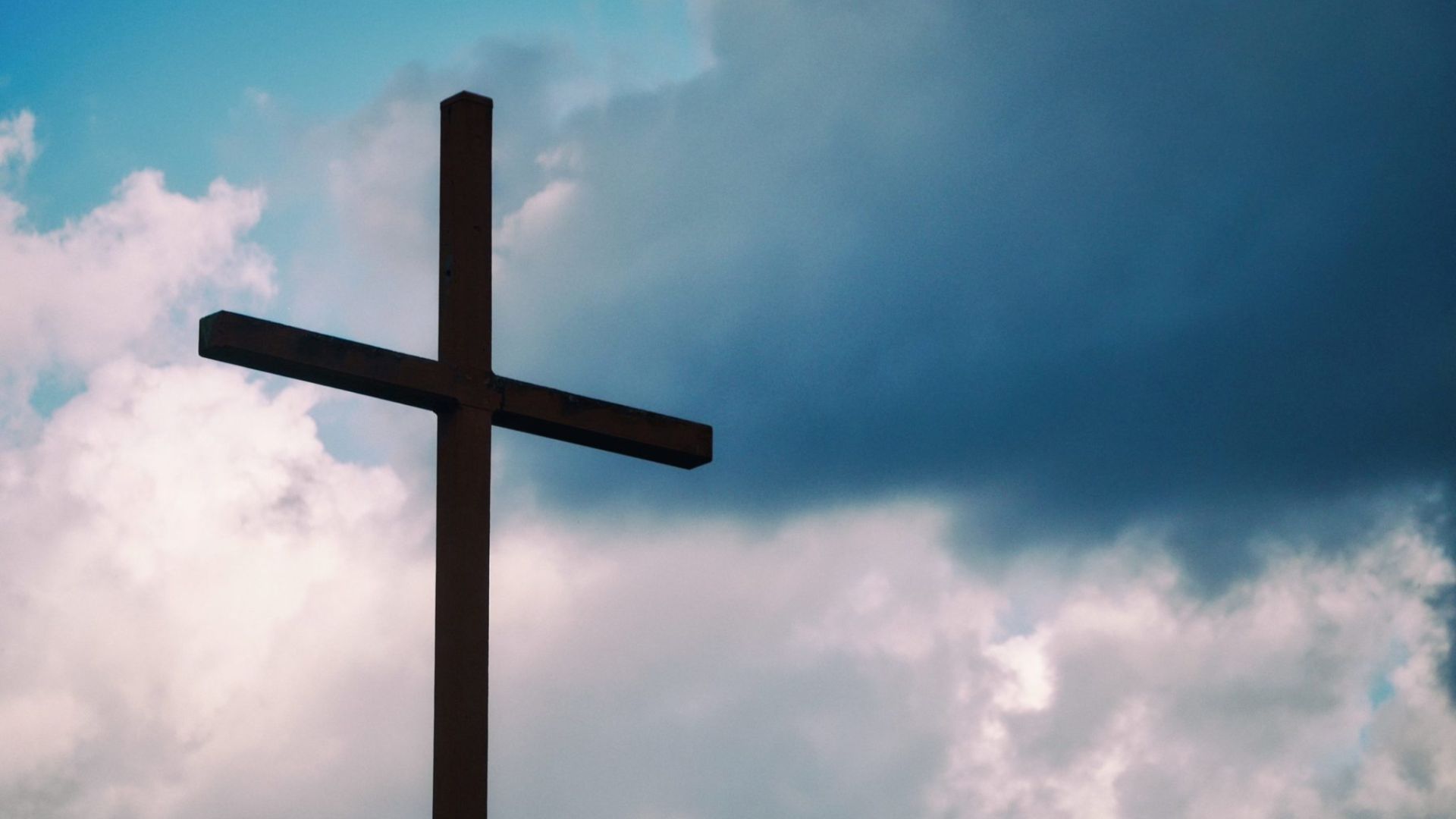Jesus Washes the Feet of Judas, John 13:1–30

The full meaning of John 13, where Jesus is gathered with his disciples for the Jewish Passover meal, begins in John 12. Because, in that chapter, John brings all that he has written about Jesus up to that point to a climax, setting the stage for chapter 13.
Compared to the other gospel-writers, John uniquely presents Jesus in chapters 2–11 through seven signs that point to Jesus’s glory as the resurrected Son of God. Jesus turns water to wine and cleanses the temple (chapter 2), he heals the Roman official’s son (chapter 4), the lame man at the pool of Bethesda (chapter 5), feeds the 5000 (chapter 6), heals the man born blind (chapter 9), and finally raises Lazarus from the dead (chapter 11).
The purpose of the signs is to prove Jesus’s identity and cause people to believe in him. But despite his signs, John 12:37 sadly notes, “Though he had done so many signs before them, they still did not believe in him.”
In chapter 13, therefore, Jesus ends his public ministry to his people and carries on a private ministry to his disciples only, during these final hours before his crucifixion. He is gathering together these men who would form the new community of believers that we now call the church. And the first lesson that he teaches this new community is a lesson in washing feet.
Now before the Feast of the Passover, when Jesus knew that his hour had come to depart out of this world to the Father, having loved his own who were in the world, he loved them to the end. 2 During supper, when the devil had already put it into the heart of Judas Iscariot, Simon’s son, to betray him, 3 Jesus, knowing that the Father had given all things into his hands, and that he had come from God and was going back to God, 4 rose from supper. He laid aside his outer garments, and taking a towel, tied it around his waist. 5 Then he poured water into a basin and began to wash the disciples’ feet and to wipe them with the towel that was wrapped around him (John 13:1–5).
Many of us have pondered the significance of this surprising act by Jesus. Not only is it demeaning to wash feet, but it was considered to be especially condescending by the Jews to do so. But Jesus really gets into the role of foot-washing, even removing his outer garment and putting a towel around him, the look of a slave.
So the disciples are aghast, and silence falls on the upper room as they watch Jesus wash their feet. That is, until Peter breaks the silence in order to voice his objection (John 13:6–10)! But when Jesus is done, he brings home the point of the lesson in 13:14–20. In essence, he has washed their feet as an example for them to follow. If their Lord and Master can serve them by stooping low to wash their feet, then surely they can serve one another in any way. The first lesson Jesus has taught the church, therefore, is to humbly, lovingly, and sacrificially serve other people.
When we read this amazing story, we’re riveted on Jesus and Peter because of Peter’s strong reaction. But let’s consider for just a moment that Jesus not only washed the feet of Peter, but he also washed the feet of Judas, the disciple who was about to betray the Son of God.
Later that night, Judas would lead the temple authorities to find Jesus, making it possible for them to arrest Jesus secretly and lead him away to trial and crucifixion.
As Jesus shares the Passover meal with his disciples and washes their feet, John has already reminded his readers that Judas is the elephant in the upper room. John says at the beginning of the passage that the devil had already seized Judas’s heart to betray Jesus (13:2). Also, as Jesus is washing Peter’s feet he tells Peter, “You are all clean, but not every one of you” (13:10). John, now looking back on the scene years later, explains, “For Jesus knew who was to betray him; that was why he said, ‘Not all of you are clean’” (13:11).
What was going through Judas’s mind as the Lord knelt before his feet and rendered the service of a slave? Did Judas already know that Jesus knew what he was about to do? That depends on the order of the foot washing. John says in verse 6 that he “came to Simon Peter” after he had started washing their feet in verse 5. So, did Jesus have the conversation with Peter before or after he had washed Judas’s feet?
Either way, it had to be a very awkward moment for Judas. When he heard Jesus say, “You are all clean, but not every one of you,” all that Judas could have been thinking was, he knows. He knows, and still, he’s washing my feet. I wonder if their eyes met and Judas had to look away.
On the other hand, what was going through Jesus’s mind as he bent over the dirty feet of Judas Iscariot and washed them with the water and wiped them with the towel? He was not only washing the feet of a man with a devilish heart, who was about to become the biggest traitor in human history. He was washing the feet of one of his disciples whom he had chosen, whom he had taught, and ministered to.
He had commissioned Judas and had given him power to preach in his name, as he had done with the other disciples. Judas was there when Jesus calmed the storm and when he fed the 5000 and when he raised Lazarus from the dead. And still, Judas was about to set into motion the event that God would use to bring about the horrifying death of his Son through crucifixion, a death that hours later Jesus would beg the Father to avoid, if he could, sweating drops of blood in palpable sorrow.
Judas is on Jesus’s mind when he prays in the garden later that night. For in John 17:12, while Jesus is praying specifically for his disciples, Jesus says to the Father,
“While I was with them, I kept them in your name, which you have given me. I have guarded them, and not one of them has been lost except the son of destruction, that the Scripture might be fulfilled.”
So Jesus knew all about what Judas was doing. And yet, John tells us in verse 1, he loved “his own” disciples “unto the end.” And “his own” included Judas Iscariot. In fact, Jesus dismisses Judas in verse 27, after announcing to the disciples that there is a traitor in their midst. He could have removed Judas from the Passover meal sooner if he had wanted. But instead, Jesus waits until he has washed Judas’s feet along with the other disciples, as if to say, “You are still one of mine. And I still love you.”
And Jesus would go to the cross the next day and give his life not only for the eleven but also for Judas, his betrayer. It’s very hard for us, I think, to imagine a love like that.
So, Jesus teaches the church to wash one another’s feet—that is, to sacrificially serve others even in ways that we might think are beneath us. And his ultimate foot-washing act would be to go to the cross for the world.
But this lesson is not only about our willingness to do a dirty task. It is also a lesson about our willingness to love other people, even those who are unlovely, or unloving in return. After all, if Jesus, our Lord, can wash the feet of those who would scatter from him, of one who would deny him, and even of one who would betray him—in fact, if he can wash our feet—then surely we can wash one another’s feet.

Terry Carmichael
Amen!! I believe that a good follow up verse to this is in Philippians 2 where Paul tells us to have the same attitude that Christ Jesus had.
I
Greg Stiekes
Wonderful cross reference!